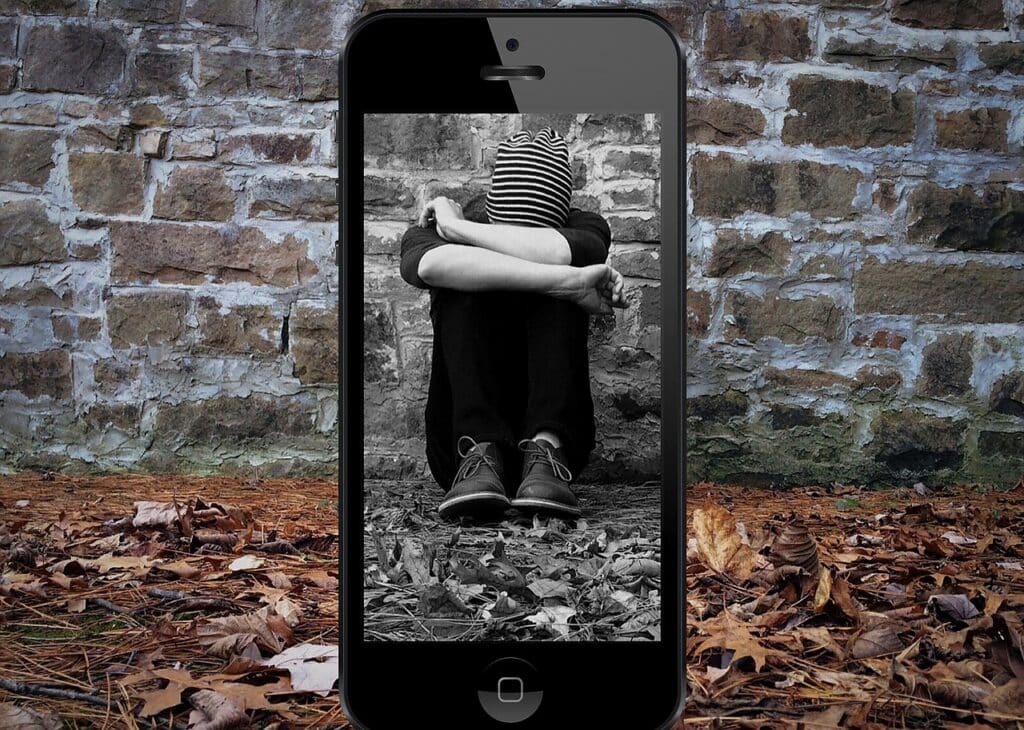The impact of social media over the last few years cannot be overemphasized. From helping to keep in touch with loved ones to keeping workers organized at work plus everything in between, there’s more to do with it than we currently understand. Cyberbullying has also emerged as one of the attendant consequences of social media technology. Research suggests that young between the ages of 11 and 40 are more prone to this issue than any other age group. Cyberbullying and mental health is a hot topics to which governments and individuals commit resources to study and mitigate.
Contents
What is cyberbullying?
It is any act or means that harasses another person via a digital medium. High school students, celebrities, and everyday people are at risk of online bullying. The effects are sometimes observed around us. Yet, some consequences may elude our prying eyes until it is almost too late. What makes online bullying very dangerous is that it can be perpetrated with little or no restrictions. Even when the victim blocks the tormentor, the latter can create a different social media account and continue the assault.
Effects of cyberbullying on mental health
It affects the victims in different ways. However, there could be some general symptoms that can be identified in sufferers of this ugly side of social media. These indications, if left unattended, can result in serious mental issues. Below are some of the problems cyberbullying can cause.
- Low self-esteem
Oppressors often focus on the perceived weaknesses of their targets. They magnify the weakness to paint their victims so badly enough to demoralize them. Preys may develop an inner voice that questions their competencies in areas where the tormentor has challenged them. The sufferers may begin to develop feelings of inadequacy as the cyberbullying starts till it stops or help comes. There are many persuasive essays about bullying on PHDEssay, which explain how this sense of scantiness develops. You can go through them to get a better idea.
- Anxiety and Depression
Victims sometimes suffer from high-stress levels and unhealthy nervousness. It is common for them to experience panic attacks, profuse sweating, increased heart rate, and trembling. Sometimes persons who suffer may sink into depression and lose the enthusiasm to enjoy life. During this period of withdrawal, some resort to drugs or unhealthy feeding habits.
- Low attention span
This is another symptom of cyberbullying. You may notice that the person does not seem to concentrate during conversations. He or she may get dodgy when inquiries are made about their well-being. A low consideration can also spill work and study. The victim may produce abnormally shoddy tasks and lose interest in studies as a student.
- Disproportionate responses
After an incident of online bullying, the victim may be so helpless and ashamed. For example, in cases of leaking private photos, the person involved cannot imagine how far the images have circulated on the internet.
The victim, who understands the power of social media, becomes apprehensive and begins to suspect that everyone has seen those pictures. This notion, whether true or not, starts to drive the reactions of the person to ordinary everyday events. When people throw innocent glances at the victim, it is often misinterpreted as being judgmental.
- Suicidal thoughts
When the milder effects of cyberbullying are left to deteriorate, they may snowball into suicidal thoughts. Sometimes the victims may deliberately cause physical harm to themselves or willingly put their lives in danger for no obvious reasons. Sometimes the victims try to communicate their feelings to others through coded messages or suicide notes. It is important not to take these letters at the surface level as they can unearth sinister plans of a victim to end his or her life.
How to deal with cyberbullying?
We need to deal decisively with this issue when we consider how significant the damage it portends to individuals and society at large. If you are at risk, the following tips should help you.
- Take a break
Do away with the social media platform and take time to discover your true self without the judgment of others.
- Get rid of the bully and the source
Block the prosecutor’s social media account and set your privacy options to only allow messages from verified friends during the period.
- Talk to a confidant
When you feel overwhelmed, converse with someone who truly cares about you. Parents, mentors, and friends can be a great source of succor.
- See an expert
Visit a psychiatrist to explain your situation if you feel you are overwhelmed.
- Seek legal counsel
It is advisable to consult a legal professional in cases that involve damage to personal image or significant injury to one’s well-being.
Conclusion
Cyberbullying is an attitude some people have developed while growing up. The perpetrators are sometimes ignorant of the extent of damage that is done to the victim. More efforts should be made to enlighten internet users about the realities of the negative impacts of online bullying on campus and in society at large.

